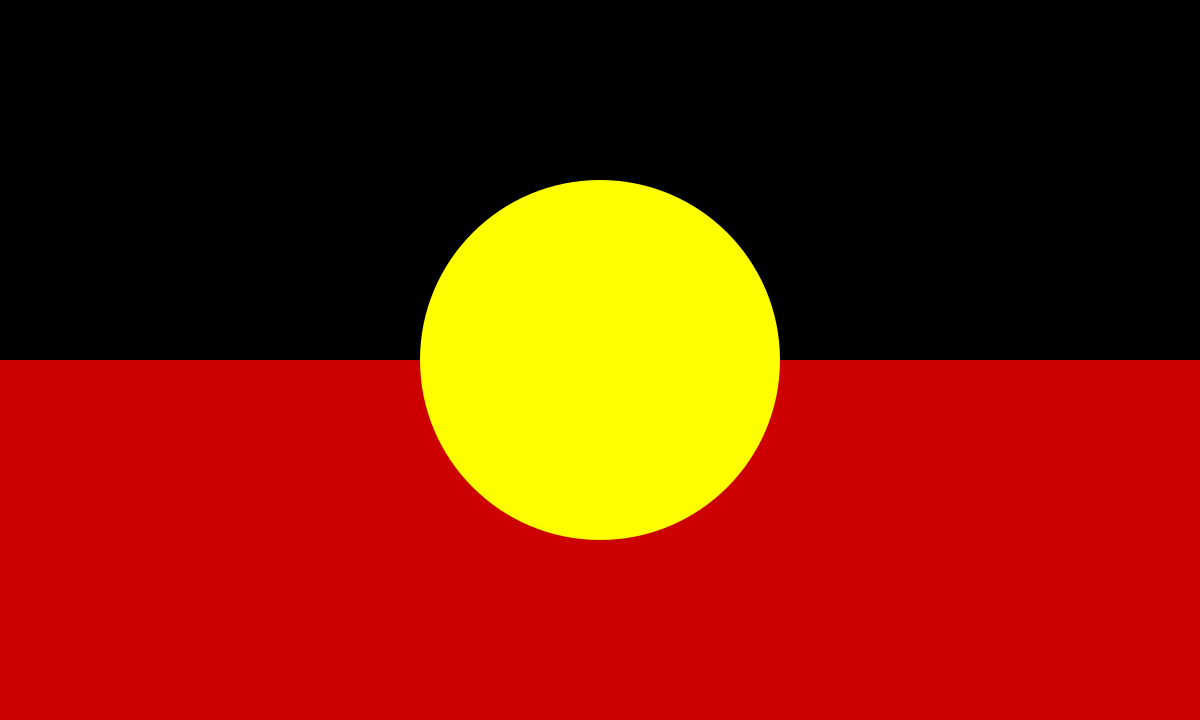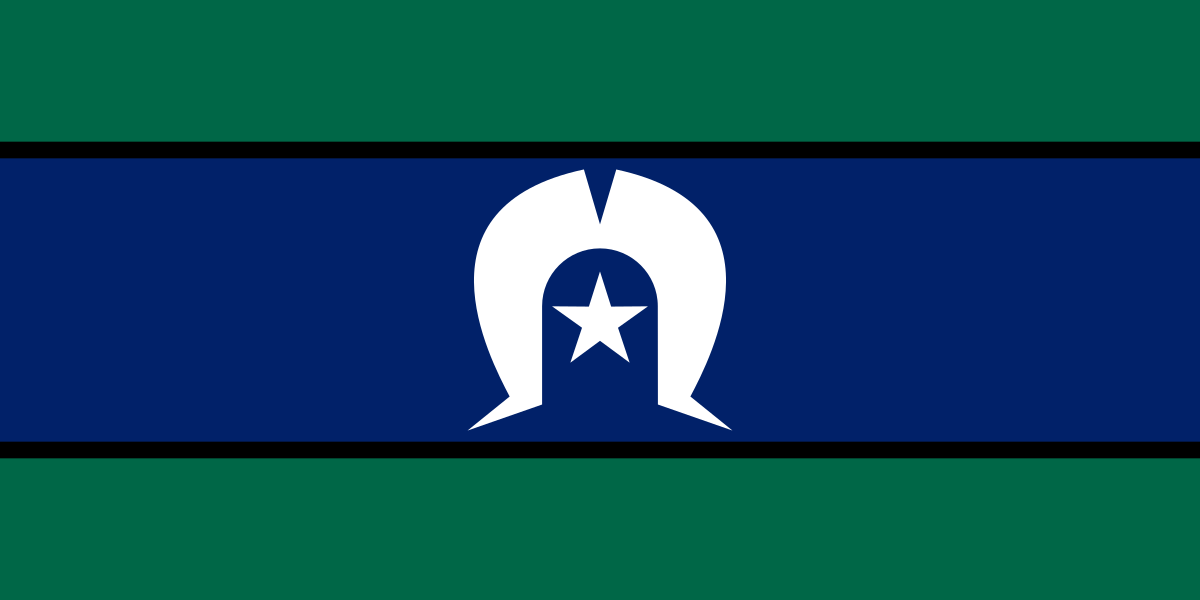If you're about to hit the road with your new caravan in tow, it can be tempting to get out there as fast as you can.
While we love your enthusiasm for exploring Australia, there are a few things you should sense-check before you head off.
Here are five common caravanning mistakes to avoid preventable dramas and mechanical failures, from managing your caravan's weight to preparing for all weather conditions.

Buying your first caravan, camper, or motorhome?
1. Look after your van between trips!
If you expect your van to look after itself in the harsh Australian climate, you're not serious about your caravan.

COVER
If you keep it out in the open, the least you can do is put a tarpaulin over it or preferably a weatherproof cover. Not only will the sun's rays perish your caravan's tyres, the bodywork will start to peel if left to its own devices. There's nothing wrong with a polish every second month!
LUBRICATE
Furthermore, if your caravan isn't in use, remember to keep its working parts lubricated. We're talking corner drop-jacks, couplings, and bearings, which will seize up during long periods without regular driving.
MAINTAIN
After that, don't forget to ensure the tyres are appropriately pumped and brakes are checked, meaning a trip to a specialised caravan repair dealer is a good idea. The $300-$400 you spend here might easily save your life and prevent ongoing costs.

A G’day Rewards membership entitles members to a range of discounts on caravan, camping, and motorhome products from our amazing partners. You'll also save up to $50 on every G'day Parks stay you book!
FIND OUT MORE
2. Learn how to reverse your trailer!
No one's expecting you to become Lewis Hamilton, but you'd be surprised how many caravanners can't reverse a caravan.

While most of the larger holiday parks will have someone who can put you and your van safely on site, it pays to be able to do this yourself.
State caravanning authorities can recommend a caravan towing school that will teach you and your co-driver the secrets to this dark art, but the cheapest way is to borrow a few traffic cones and head for an obstacle-free car park before you tie yourself into knots.

3. Never overload yourself
We can't stress this one enough—to safely tow vehicles as a caravan owner, you've got to monitor aspects like your tow ball weight, GVM (gross vehicle mass), and GCM (gross combination mass).
Hitching up your new 3500kg trailer based on what your car can reportedly tow is a recipe for disaster. You need to know your vehicle's maximum weight rating and towing capacity for any caravan or motorhome.

After that comes the golden rule of not adding too many worldly goods on top. Carefully consider your payload, minimise your own list of essentials, and pack wisely in storage spaces!
A mobile weighing service like Weight Check will even come to you, and their expert team can ensure your van and tow car is within safe, legal weight limits.
A properly installed weight distribution hitch can also help level the load, but it's a good idea to plan ahead and load the trailer properly at the start. If you were paying attention when you last sat on a see-saw, you'll know that you can keep it level by concentrating the weight in the centre.

4. Check your site (and where you're going!)
Particularly in the touring season and school holidays, caravan parks can get busy. Make sure you've asked for a site appropriate to the size of your rig, so you'll have ample clearance for getting in and out.

Even more important than knowing your site is knowing where you're going and whether you can get out safely. Here are a few common-sense tips:
-
Don't head on off-grid adventures in remote regions unless you have a plan to get out.
-
Don't cross a dry riverbed without checking you have the ground clearance to get out.
-
Understand the limitations of your van when manoeuvring. Always get out and double check where you're going first. It will provide peace of mind while you're on the road.

5. Keep an eye on the weather!
With the internet widely available, it's easy to check for fire or storm warnings.
However, not all weather events are predictable, so it always makes sense to apply common sense in terms of where you park to avoid serious problems.

For example, in hot, dry weather, it'd be silly to camp in heavily forested areas or wide-open areas with loads of high grass. Similarly, why would you park near a creek or dry riverbed when heavy rain is forecast for your next adventure?
To help new caravanners especially, consider the following weather tips:
Caravanning in strong winds
Don't want to feel your caravan sway?
-
To increase your van's resistance to strong winds, dig holes on the ground directly under your caravan wheels.
-
Tie your van down firmly using chains or pins.
-
Park your caravan in a sheltered location and away from potential hazards when cyclones are predicted.
-
If you're in a campsite, take your awning down as soon as possible.
-
Secure any objects that might have the tendency to be blown away, such as your awnings and other small objects.

Caravanning in wet weather
-
Unplug your electrical devices and store them on a higher level to prevent them getting wet
-
Switch all gas supplies off
-
Chain your rig securely
-
Avoid parking under the trees, especially during lightning and thunderstorms.

Caravanning in extreme heat or fire
-
Ensure that your air conditioning is properly maintained
-
Use proper insulation to help keep the air inside your caravan cool
-
Cook outside as much as possible
-
Do not leave fires unattended, especially around children
-
Install a smoke detector in your van
-
Keep a fire extinguisher near the door.
Your first caravan trip is bound to be a steep learning curve, but it's also sure to be a blast if you avoid these common mistakes.
LOOKING FOR SITE ACCOMMODATION?
G'day Parks is Australia's largest network of holiday parks and include private ensuites, guest laundries, camp kitchens, communal recreation and living spaces, van storage options, and well-maintained toilet and shower blocks.
Your next caravan park holiday is a cinch with G'day Parks.

Able to accommodate a wide size variety of caravans, campervans, and motorhomes, our parks are in Australia's best destinations and are staffed by teams of friendly local experts.




